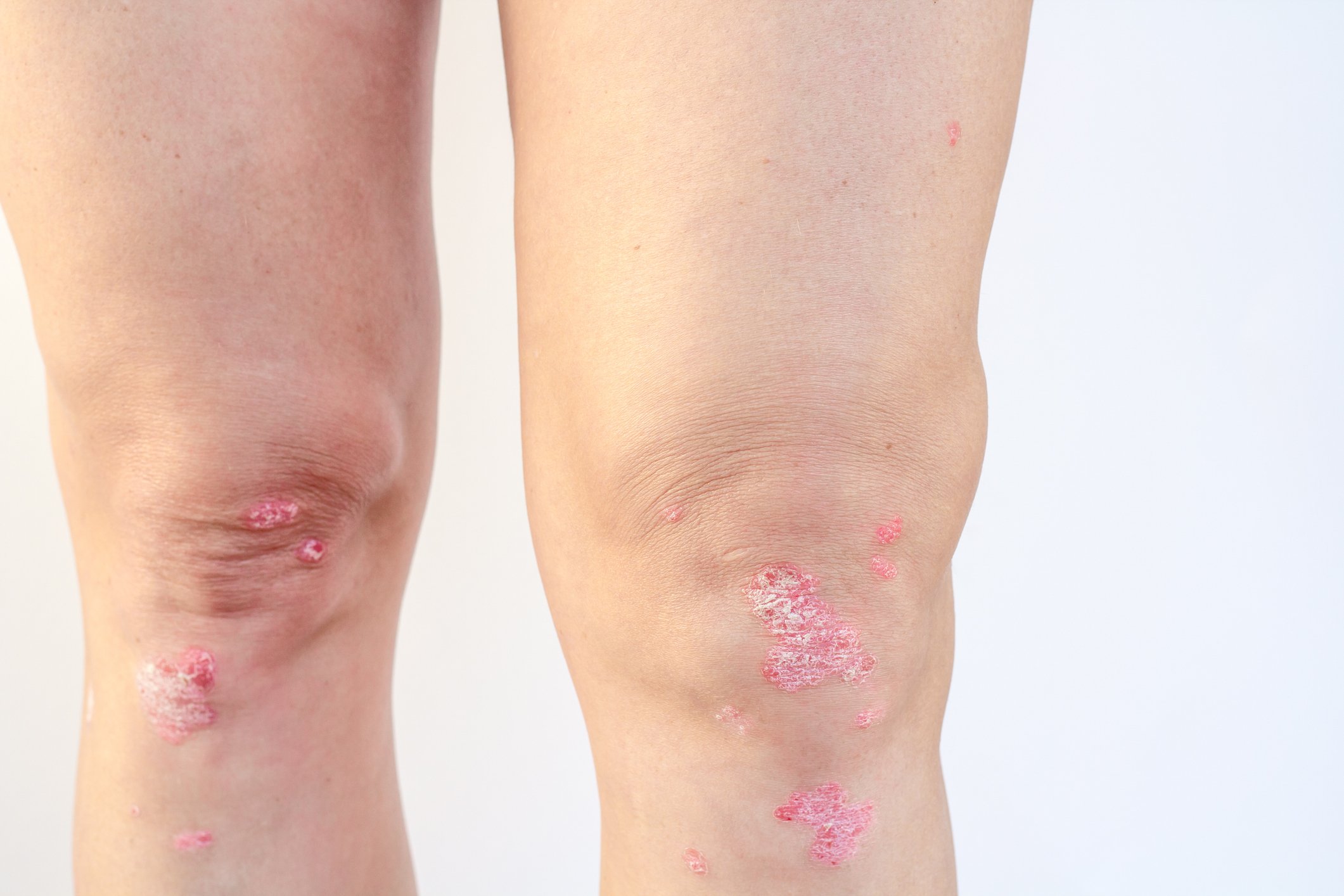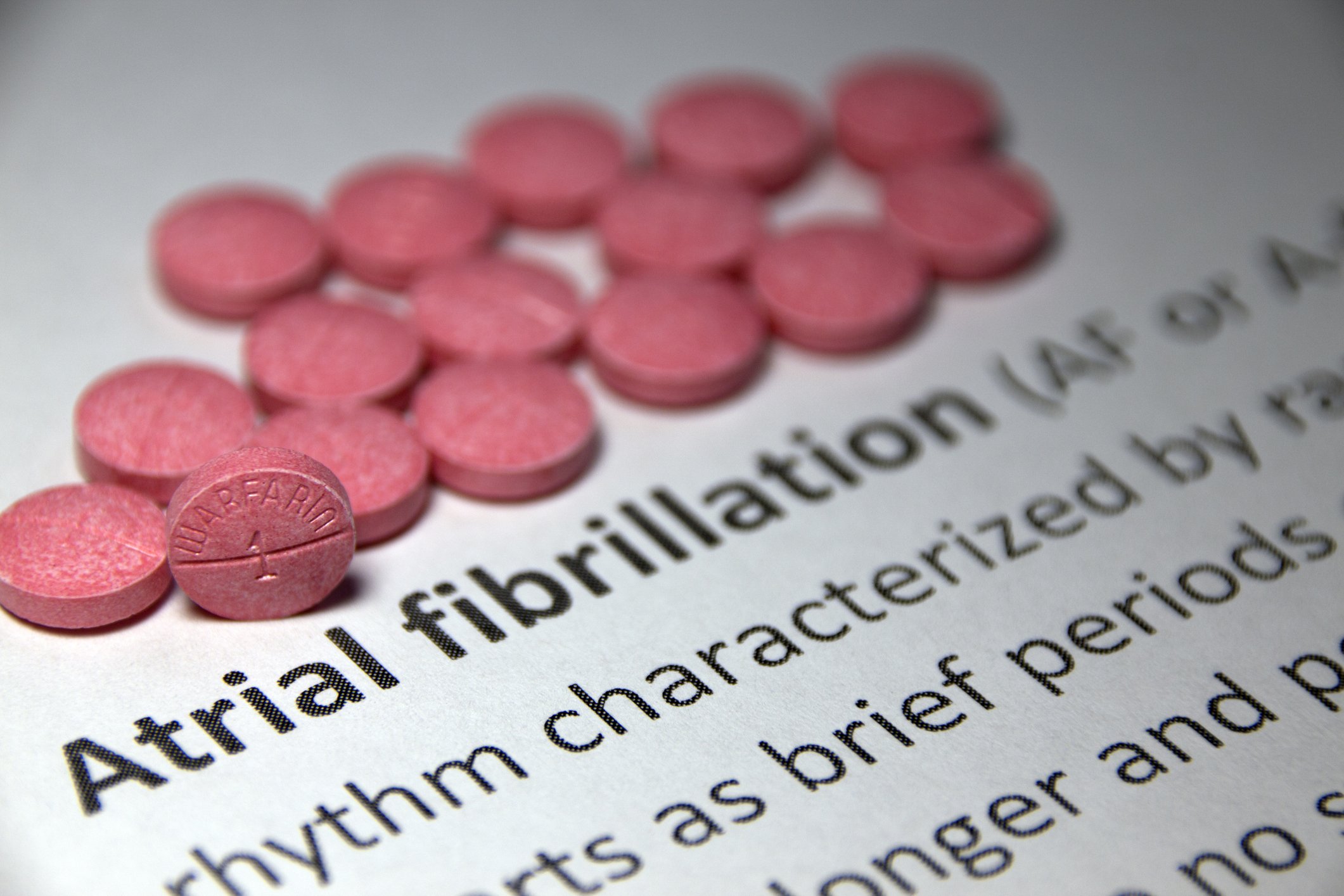For diroximel fumarate (VumerityTM), which has been approved for use by health insurers since November 1, 2021, an updated analysis of the phase III EVOLVE-MS-1 study was presented at the ECTRIMS Congress, confirming the benefit-risk profile observed to date1-4. In EVOLVE-MS-2, the direct comparison with dimethyl fumarate (Tecfidera®), diroximel fumarate was characterized by significantly improved tolerability. off5,6. Work under real-world conditions also showed high persistence and adherence in patients on diroximel fumarate, even after prior therapy with dimethyl fumarate7.
Diroximelfumarate (DRF, VumerityTM) is rapidly metabolized after oral administration to monomethyl fumarate, the same active metabolite as for dimethyl fumarate (Tecfidera®)4. The ongoing Phase III EVOLVE-MS-1 study is evaluating the safety, tolerability and efficacy of DRF in adults with relapsing-remitting multiple sclerosis (RRMS) over a 96-week period2. An interim analysis, after inclusion of 696 participants and a median DRF exposure of 59.9 weeks, showed good safety and tolerability with a low rate of treatment discontinuation (14.9% overall, <1% due to gastrointestinal adverse events). In addition, after a treatment period of 48 weeks, there was a significant reduction in the number of gadolinium-uptake lesions compared to baseline (77%, p<0.0001)2.
Update confirms good benefit-risk profile
A recent interim analysis of EVOLVE-MS-1 has now been presented at the ECTRIMS Congress3. This included 1057 participants and a median DRF exposure of two years3. The previous results regarding safety and efficacy could be confirmed. Clinical and radiological disease parameters were reduced from baseline. The rate of treatment discontinuation due to gastrointestinal side effects was less than 1%.
A head-to-head comparison of DRF with DMF in the five-week phase III EVOLVE-MS 2 study also showed significantly improved tolerability for DRF compared with DMF5, 6. This was mainly reflected in a statistically significant lower number of days with severe gastrointestinal events (1.4 vs. 2.6 days)5, fewer treatment discontinuations (0.8% vs. 4.8%)4 , and fewer impairments in daily life and occupation5.
Under practice conditions: better persistence and adherence
A paper also presented at ECTRIMS examined persistence and adherence to DRF under practice conditions in an overall RRMS population and specifically in patients switched from DMF to DRF7. The study showed high persistence (82% at 12 months) and high treatment adherence (90%) for the overall population. In the subgroup of MS patients who were switched from DMF to DRF, adherence was also high at 91%7.
The most common reason for DMF treatment discontinuation was gastrointestinal side effects. However, most of these patients* were able to continue treatment with DRF. This result provides further confirmation of the improved gastrointestinal tolerability of DRF compared with DMF7.
Bibliography
- Federal Office of Public Health. Specialty List. www. spezialitätenliste.ch (last call: 11/15/2021).
- Naismith R, et al: Diroximel fumarate (DRF) in patients with relapsing-remitting multiple sclerosis: interim safety and efficacy results from the phase 3 EVOLVE-MS-1 study. Mult Scler 2020; 26: 1729-1739.
- Singer WS, et al: Diroximel Fumarate in Patients With Relapsing-Remitting Multiple Sclerosis: Interim Safety and Efficacy Results From the Phase 3 EVOLVE-MS-1 Study. ECTRIMS 2021, October 13-15, Poster P739.
- Specialty Information VumerityTM (diroximelfumarate). www.swissmedicinfo.ch (as of August 2021).
- Naismith RT, et al: Diroximel Fumarate Demonstrates an Improved Gastrointestinal Tolerability Profile Compared with Dimethyl Fumarate in Patients with Relapsing-Remitting Multiple Sclerosis: Results from the Randomized, Double-Blind, Phase III EVOLVE-MS-2 Study. CNS Drugs 2020; 34: 185-196.
- Wundes A, et al: Improved gastrointestinal profile with diroximel fumarate is associated with a positive impact on quality of life compared with dimethyl fumarate: results from the randomized, double-blind, phase III EVOLVE-MS-2 study. Ther Adv Neurol Disord 2021; 14: 1-14.
- Lager B, et al: Multiple Sclerosis Patients Treated With Diroximel Fumarate Over 1 Year in the Real World Setting Have High Rates Of Persistence And Adherence. ECTRIMS 2021, October 13-15, Poster P838.
Imprint
This special report was funded by Biogen Switzerland AG, Baar.
Reporting: Dr. Therese Schwender
Editing: Séverine Bonini
Source: 37th Congress of the European Committee for Treatment and Research in Multiple Sclerosis (ECTRIMS), October 13-15, 2021, virtual.
VumerityTM Brief Technical Information see www.swissmedicinfo.ch
First publication appeared in: ECTRIMS Special 2021; 1: 16. supplement to BrainMag 2021;6.
Biogen-142114_11.2021












